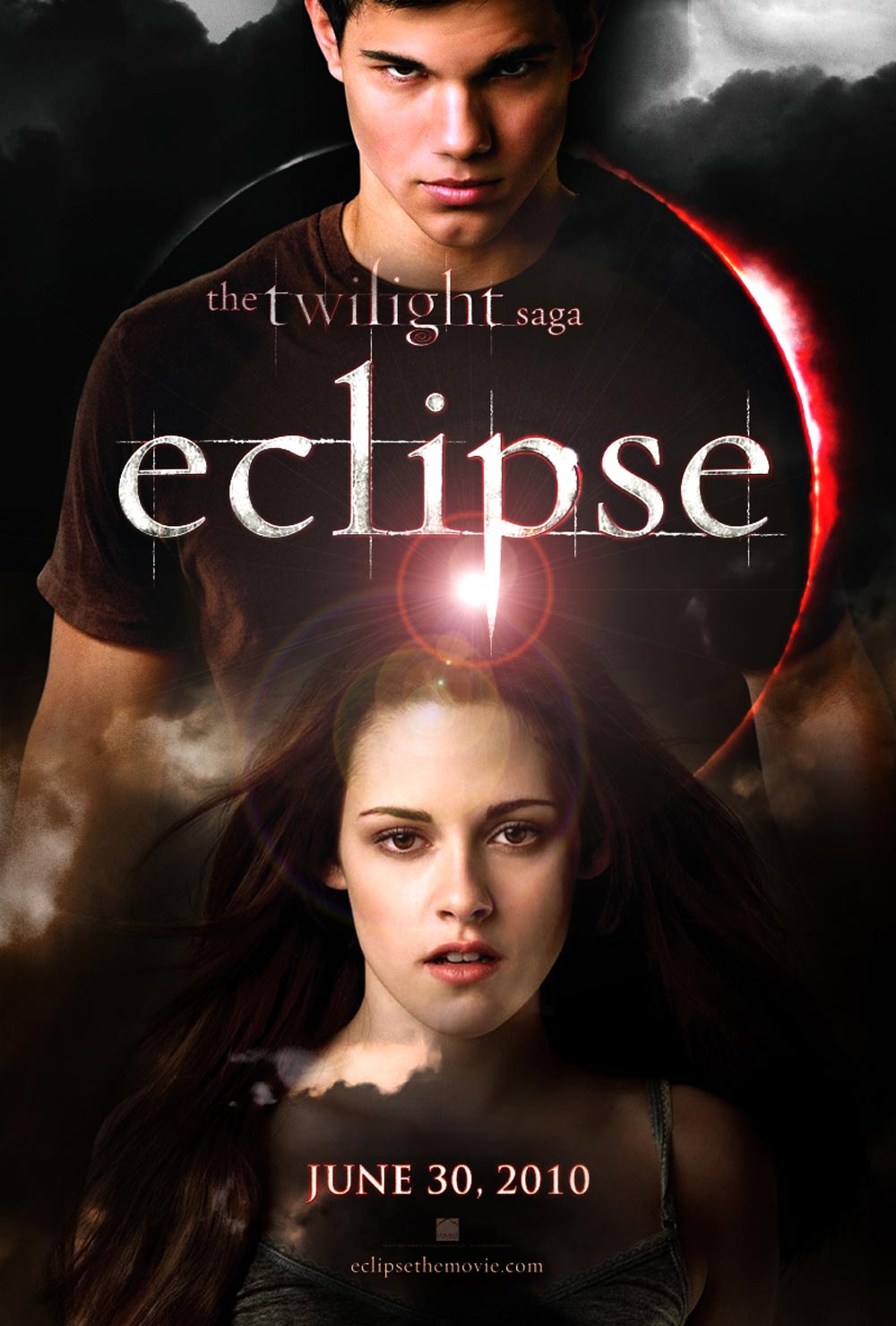In the realm of digital media, MKV movies have gained immense popularity for their versatility and high-quality playback capabilities. These files, known for their ability to store multiple audio, video, and subtitle tracks in a single container, have revolutionized the way we enjoy films and shows. As more people transition from physical media to digital formats, understanding the nuances of MKV movies becomes increasingly important. The MKV format, or Matroska Video, is highly favored among tech-savvy individuals and cinephiles alike, thanks to its ability to support various codecs and high-resolution content. As streaming services and media players become more prevalent, the MKV movie format has emerged as a go-to choice for users seeking an all-in-one solution for their multimedia needs.
But what exactly makes MKV movies stand out in a crowded market of video formats? To answer this question, one must delve into the features that distinguish MKV files from others, such as MP4 or AVI. With its open-source nature, MKV allows for customization and flexibility, making it a popular option for both amateur and professional filmmakers. As we explore the world of MKV movies in this article, we will cover everything from their technical specifications to practical tips for playback and conversion.
Whether you're a casual viewer wanting to understand more about MKV movies or a filmmaker considering the format for your next project, this guide aims to provide valuable insights. Join us as we uncover the fascinating characteristics of MKV movies and discover how they can enhance your viewing experience.
What is an MKV Movie?
At its core, an MKV movie is a multimedia container format designed to hold various types of video and audio data. This means that an MKV file can include multiple video streams, audio tracks, and subtitles, all bundled together in a single file. Unlike traditional formats, MKV movies offer a robust platform that supports high-quality video resolutions, including 4K and 8K, making them suitable for modern displays.
Why Should You Choose MKV Movies?
There are several compelling reasons to opt for MKV movies over other formats:
- Multi-Track Support: MKV files can hold multiple audio languages, subtitle formats, and even chapter information.
- High-Quality Playback: The format supports advanced codecs, ensuring excellent video quality.
- Open Source: Being open-source means that MKV is constantly being improved by a community of developers, ensuring it stays relevant.
- Versatile Compatibility: MKV movies can be played on a wide range of media players and devices.
How to Play MKV Movies?
Playing MKV movies is relatively straightforward, but you need the right software or hardware. Here are some popular options for playing MKV files:
- VLC Media Player: A free and open-source media player that supports almost all video formats, including MKV.
- KMPlayer: A versatile media player that can handle a wide range of file formats, including MKV.
- PotPlayer: A highly customizable media player that offers extensive support for MKV files.
- Media Player Classic: A lightweight option that supports MKV and many other formats.
Can You Convert MKV Movies to Other Formats?
Yes, converting MKV movies to other formats is possible and often necessary for compatibility with certain devices. Here are some popular conversion tools:
- HandBrake: A free and open-source transcoder for digital video files.
- Any Video Converter: A versatile tool that supports conversion to and from various formats.
- Freemake Video Converter: A user-friendly option for converting video files, including MKV movies.
What Are the Technical Specifications of MKV Movies?
Understanding the technical specifications of MKV movies can help you appreciate their capabilities:
- Video Codec: MKV files can use various video codecs, including H.264, H.265, and VP9.
- Audio Codec: Multiple audio codecs can be utilized, such as AAC, MP3, or DTS.
- Subtitle Support: MKV files can include several subtitle formats, such as SRT and ASS.
Are MKV Movies Suitable for Streaming?
MKV movies can be streamed; however, the experience may vary depending on the platform and internet speed. Some streaming services and devices may not support MKV files directly, requiring conversion or specific media players. To enjoy MKV movies on a streaming platform, consider the following:
- Check if your streaming device supports MKV playback.
- Use a media server application like Plex, which can transcode MKV files on-the-fly.
- Convert MKV files to a supported format if necessary.
What Are the Common Issues with MKV Movies?
While MKV movies are versatile, users may encounter some common issues:
- Playback Compatibility: Not all devices or software support MKV files, potentially leading to playback issues.
- Audio Sync Problems: Sometimes, the audio and video tracks may become out of sync during playback.
- File Corruption: Like any digital file, MKV movies can become corrupted, leading to playback errors.
Conclusion: Are MKV Movies Worth It?
In conclusion, MKV movies are a powerful option for anyone looking to expand their digital media library. With their extensive support for multiple audio and video tracks, high-quality playback options, and versatility, MKV movies provide an exceptional viewing experience. Whether you are streaming, downloading, or creating your own content, the MKV format is well worth considering. Embrace the evolution of digital media and explore the world of MKV movies today!




